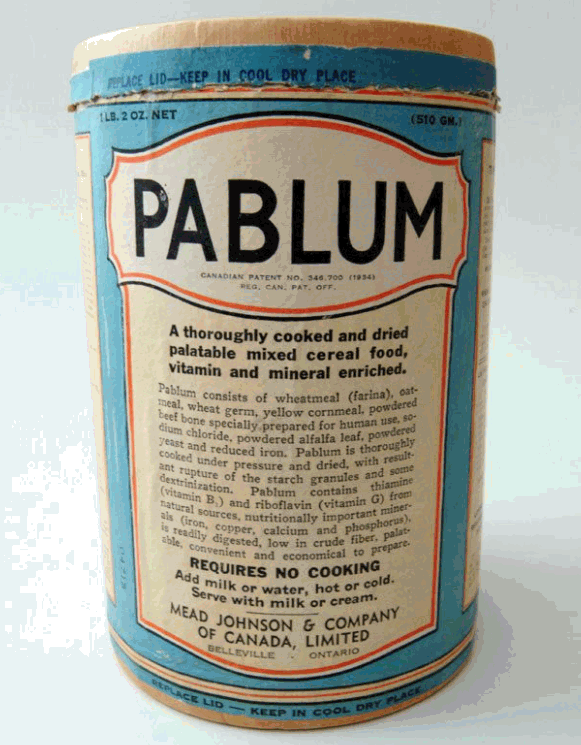In 2016, the Pennsylvania Medical Society (PAMed) issued a strongly-worded "Vote of No Confidence" against the American Board of Internal Medicine (ABIM).
Good luck finding that earlier statement on PAMed's webpage concerning MOC now.
Instead, we see the following soothing pablum regarding PAMed's MOC position:
PAMED PositionThe accusations in PAMed's original 2016 Vote of No Confidence against the ABIM were significant:
Supports efforts to:
- Improve MOC
- Prohibit MOC as a condition of licensure, insurer credentialing and reimbursement, or hospital admitting privileges
" Through their marketing efforts, the ABIM has worked hard to give the impression that their recertification exam demonstrates competency. However, despite numerous calls to substantiate this assertion, the ABIM has been unable to provide reliable independent evidence that a secure, high-stakes exam, taken every 10 years by some and for which other are "grandfathered" and therefore exempt - leads to better patient care. This is because while the overwhelming majority of practicing physicians pass the ABIM recertification secure, high-stakes computer exams, this test and the MOC process have no correlation to how well a doctor can take care of a patient. Shockingly, countless medical leaders. numerous national mainstream publications, and several forensic accounting reviews have published information which suggests the ABIM's motivation for their recertification process was primarily driven by little more than financial mismanagement."In 2017, a resolution was passed by the AMA House of Delegates demanding an independent audit of the ABIM. This lead to the following response from the ABIM to James Madara, MD, President of the AMA. In that response by the ABIM, the American College of Cardiology was quoted as vouching for the ABIM's financial statements because of this statement issued to their membership:
In addition, the ACC's accounting staff have reviewed and discussed the ABIM’s publicly available financial statements with an outside accounting firm and have found the statements to be in compliance with Generally Accepted Accounting Principles, as utilized by not-for-profit organizations in the United States.The problem is, the AMA and the ACC have interests in selling physician data and each organization has representatives on the board of PCPI.org alongside representatives from UnitedHealthcare. PCPI and the ABMS share the same office address. Therefore, the financial "audit" demanded by the AMA House of Delegates in 2017 and accepted by the AMA's President Madara was never "independent."
Pennsylvania physicians represented by PAMed need to confront their medical society's current leadership concerning MOC and the lack of independent financial audit demanded by the AMA House of Delegates. One thing working physicians in Pennsylvania (and elsewhere) don't need: corporate physician shills more interested in themselves and their political aspirations than the support of front-line physicians who care for their citizens.
-Wes

1 comment:
Something very wrong happened in Pennsylvania and Chicago (and elsewhere). When medical society delegates and leaders rightfully called for investigations, tax audits and the ending of mandatory MOC, then you get this kind of ABMS-style doublespeak coming out of the medical societies' and "leadership".
Who do the "member-driven" medical societies serve when we see such corrupt influence being brandied about. Who does the leadership serve? And why are the ABMS and their partner societies instructed to keep quiet about the not-so-novel disease they are propagating and spreading on a daily basis. Almost all are now infected.
Follow the money. It leaves an obscene and infectious trail.
Post a Comment